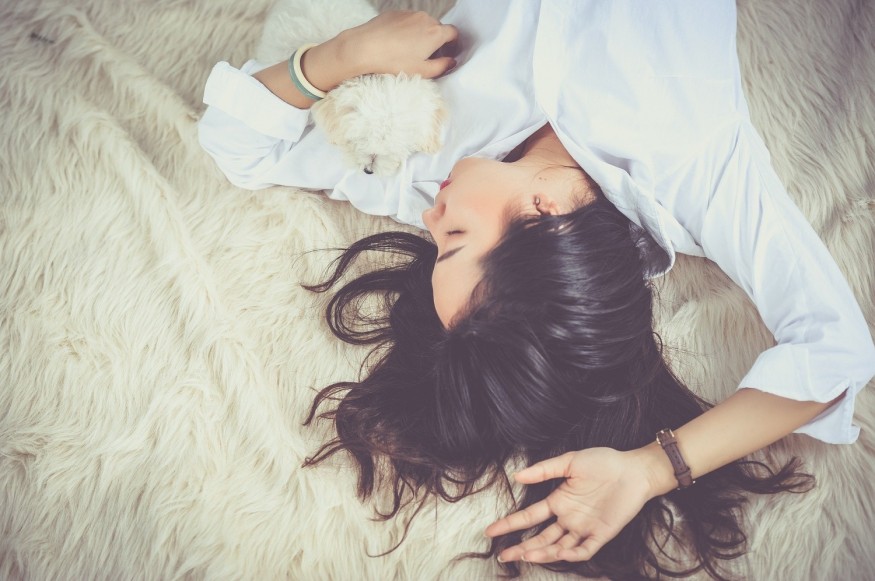
If you rely on caffeine to get you through the afternoon or you find yourself groggy halfway through the morning, you're not alone. More than one-third of American adults are sleep-deprived. Whether you have trouble falling asleep or staying asleep or you simply can't find the time to get enough sleep, insomnia can have serious effects on your physical and mental health and well-being. Here are eight scientific tips to help you get better sleep.
1. Observe Your Natural Sleep Habits
If you're able to take a few days off work or school, observe your natural sleep habits. Go to bed when you first feel tired, and note what time that is. Allow yourself to wake up without an alarm. This allows you to determine how much sleep your body naturally needs without your schedule or alarm clock interfering with your rhythms.
2. Choose a Bedtime
Once you know how much sleep your body thrives on, plan your bedtime. In general, it's best to stick with the same bedtime every night. The body gets used to it, and you'll feel tired and fall asleep more easily if you stick with the schedule. If you discovered that your body naturally wants eight hours of sleep, and you have to be up at 6:00 am in order to get to work, plan your bedtime to be 10:00 pm.
3. Set Good Sleep Hygiene Rules
Stop using your phone, laptop or iPad at least an hour before bedtime. The blue light stimulates your brain. Turn off the TV, too. Dim the lights. Do something relaxing, such as knitting or a word search. Reserve your bedroom for sleep and intimacy only.
4. Stop Eating
Eating a meal or big snack close to bedtime makes it difficult to fall asleep. The old-fashioned nightcap is also a bad idea. Alcohol interferes with your body's ability to enter the deep stage of sleep. If you need to take medicine at bedtime, just take it with a sip of water.
5. Create a Hygiene Ritual
In the 15 to 30 minutes before bed, perform your hygiene routine. This signals to your brain that it's almost time to go to sleep. Wash your face, brush and floss your teeth and put some moisturizer on your skin. Try a calming aromatherapy fragrance, such as lavender.
6. Exercise
Endorphins released by your body during exercise help you feel more awake during the day. Expending your energy during the day also helps you sleep better at night. If possible, exercise outdoors in the morning. The sunlight turns off your body's melatonin production.
7. Get a New Mattress
If your mattress is already five to 10 years old, replace it. A new mattress provides better cushioning and support to your body. You'll have fewer aches and pains and feel well-rested when you awaken. Look for a mattress that works for your preferred sleep position, such as firm for a stomach sleeper or medium-firm to soft for a back sleeper.
8. Stop Worrying
Wondering why you aren't asleep yet makes it more difficult to fall asleep. If you haven't fallen asleep in 20 minutes, get up and meditate or read for a while. Progressive muscle relaxation might help, too.
© 2026 ScienceTimes.com All rights reserved. Do not reproduce without permission. The window to the world of Science Times.











